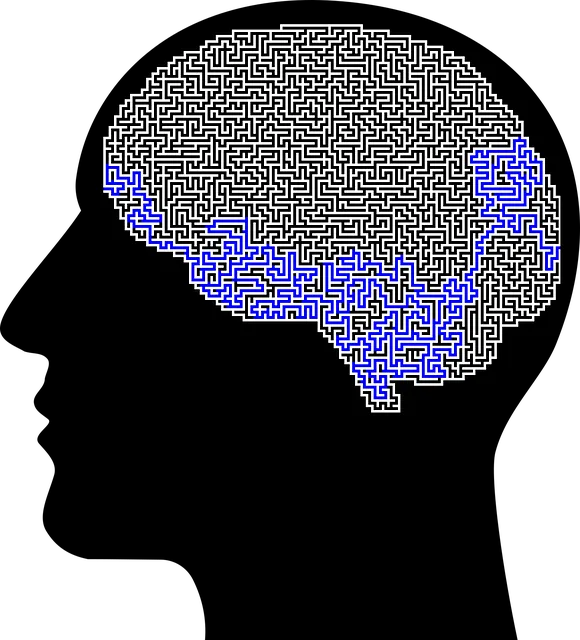The Boulder Kaiser Permanente mental health center addresses stigma through initiatives like compassion cultivation, journaling exercises, community events, and extended visiting hours. They promote understanding, normalize conversations about mental health, encourage self-care, and improve access to care. Collaborative efforts with schools, workplaces, and communities further reduce stigma by challenging myths and fostering empathy. These strategies aim to create a more supportive environment where individuals can seek help without judgment, similar to the comprehensive care available at the center.
Mental illness stigma remains a significant barrier to effective mental healthcare. This article explores strategies to reduce stigma at Boulder Kaiser Permanente mental health center, highlighting the impact of community engagement and public education. We delve into supportive services that foster understanding and acceptance, ultimately aiming to create a more inclusive environment for all those seeking mental health care. Visiting hours at Boulder Kaiser Permanente offer tangible opportunities for connection and support, fostering a sense of community and reducing isolation.
- Understanding Stigma: Its Impact on Mental Health Care at Boulder Kaiser Permanente
- Strategies for Reducing Stigma: Engaging the Community and Educating the Public
- The Role of Supportive Services: A Comprehensive Approach to Overcoming Mental Illness Stigma
Understanding Stigma: Its Impact on Mental Health Care at Boulder Kaiser Permanente

At Boulder Kaiser Permanente mental health center, understanding stigma is a cornerstone of their care approach. Stigma, often fueled by misinformation and societal attitudes, significantly impacts how individuals with mental health conditions are perceived and treated. This can lead to barriers in seeking help, prolonged recovery times, and even avoidance of essential self-care practices.
The mental health center aims to reduce stigma through various initiatives, including compassion cultivation practices and mental wellness journaling exercises. By fostering a culture of understanding and acceptance, they encourage open conversations about mental health, normalize self-care practices, and ultimately improve access to care for all visitors during their designated visiting hours.
Strategies for Reducing Stigma: Engaging the Community and Educating the Public

Reducing stigma associated with mental illness requires a concerted effort to engage communities and educate the public. One effective strategy is organizing community events and workshops focused on raising awareness about mental health issues. These gatherings can be hosted by local mental health centers, such as the Boulder Kaiser Permanente facility, offering informative sessions and personal narratives to dispel myths and foster empathy. By inviting speakers who have successfully navigated challenges like anxiety or depression, attendees gain insights into resilience building and inner strength development.
Additionally, engaging with schools, workplaces, and community groups through educational programs can significantly impact stigma reduction. These initiatives should include discussions on the importance of mental well-being, early intervention strategies, and access to available support services, such as Trauma Support Services. Empowering individuals with knowledge empowers them to recognize signs in themselves or others and encourages open conversations, ultimately leading to a more supportive and understanding community environment.
The Role of Supportive Services: A Comprehensive Approach to Overcoming Mental Illness Stigma

At the heart of stigma reduction efforts lies the crucial role of supportive services. These initiatives, often facilitated by healthcare providers like the Boulder Kaiser Permanente mental health center with its extended visiting hours, offer a comprehensive approach to combating stigma surrounding mental illness. By providing accessible resources and creating safe spaces, these services normalize conversations around mental wellness, fostering understanding and empathy within communities.
Through programs that promote emotional well-being, self-care practices, and educational workshops, individuals affected by mental health challenges are empowered to seek help without fear of judgment. This holistic strategy not only assists in managing symptoms but also encourages a positive shift in societal perceptions. By embracing these services, we can collectively work towards a more inclusive environment where mental illness is treated with the same compassion as physical ailments.
Efforts to reduce the stigma surrounding mental illness are vital for creating a supportive environment at places like the Boulder Kaiser Permanente mental health center. By engaging the community and educating the public, we can foster understanding and empathy, ultimately enabling better access to care. Visiting the Boulder Kaiser Permanente mental health center becomes not just a treatment option but a step towards a more inclusive and compassionate society where mental well-being is prioritized without fear of judgment.



